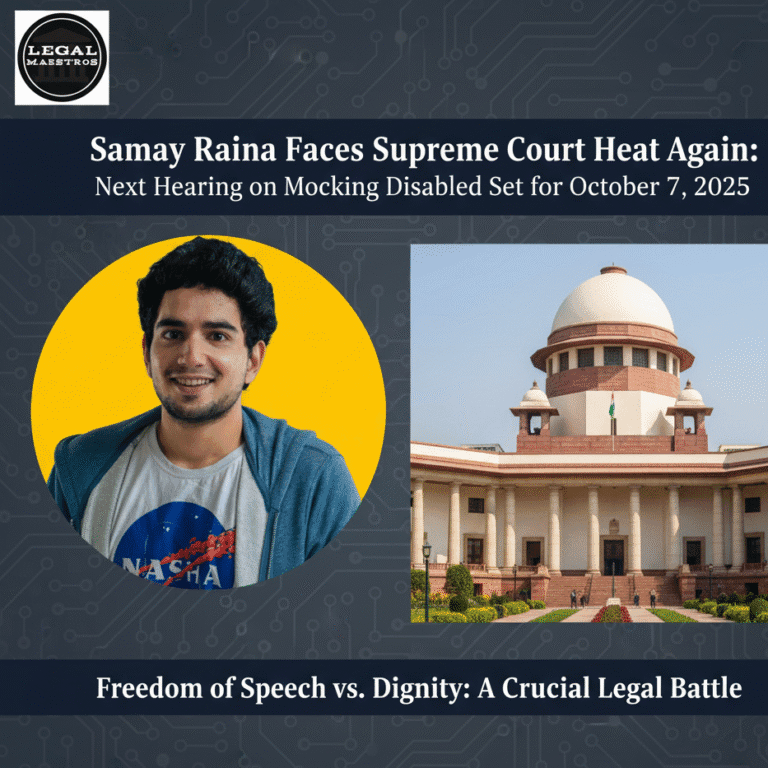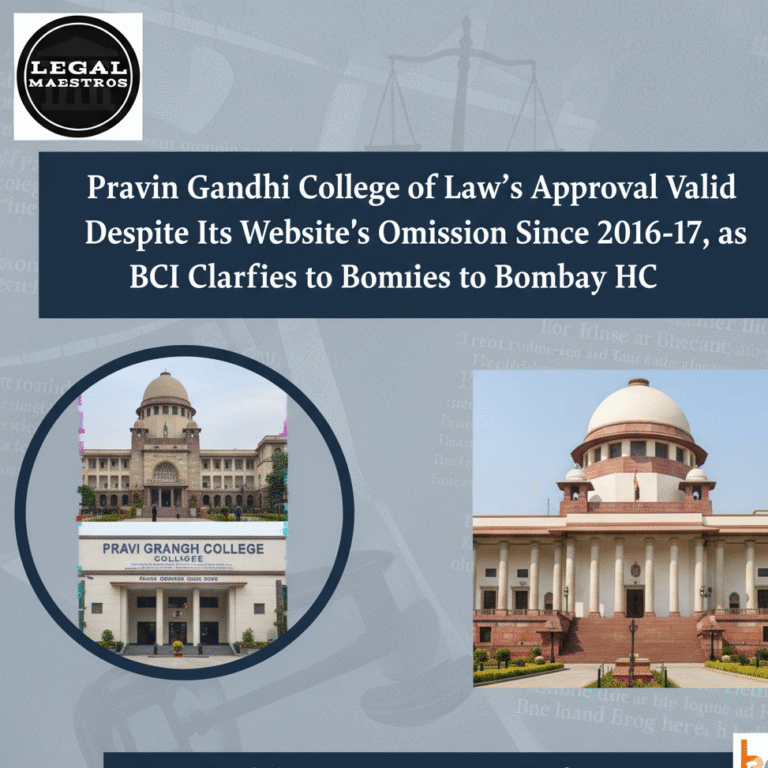
In a recent treatise, the Supreme Court of India of India held that the Limitation Act 1963 is applicable to conciliation and arbitration, when it is governed by the so called MSMED Act i.e. Micro, Small and Medium Enterprises Development Act 2006 (MSMED Act). This judgment answers important queries that micro and small enterprises may have in recovery of delayed payments and giving a much-needed insight on dispute resolution mechanism under the MSMED Act.
History of the Conflict
The origin of the case was based on a dispute that arose between small-scale industries which were the appellants to the Maharashtra State Electricity Board, the major respondent where transformers were supplied, between the years 1993 and 2004. The suppliers started acting under 2005-2006 under the Interest on Delayed Payments to Small Scale and Ancillary Industrial Undertakings Act, 1993 when the payments were delayed. This Act of 1993 was then substituted with the MSMED Act in 2006.
The case was lastly decided in 2010 by the Micro and Small Enterprises Facilitation Council, which was dealing with the case under the new MSMED act and ordered the supply entities to be compensated with interest on the payment delays incurred by the suppliers. The respondents however disputed such award and therefore the Commercial Court struck it out in 2017 due to time bar claims. This ruling convinced the suppliers to launch an appeal to the High Court. The applicability of Limitation Act to proceedings under MSMED Act was subject to divergent views and hence the High Court ruled to bring the case before a larger bench. The emperorical bench of the High Court came to the conclusion that conciliation proceedings could not entertain time ejected claims and that the Limitation Act was applicable to arbitrations conducted against the MSMED Act. This High Court order gave rise to the present appeals to the Supreme Court.
Issues of Law the Court was looking at
To simplify the matters the Supreme Court reduced the issues to two basic questions:
The first is whether the Limitation Act has any applicability on conciliation proceeding invoked under Section 18 of any parties under MSMED Act and even then whether time-barred debt can be considered eligible to be referred under conciliation.
Secondly, propriety of using the Limitation Act on arbitration proceedings under Section 18 of the MSMED Act such as arbitrability of time-barred debts. Also, the Court looked at the consequences of including the unpaid amounts in the financial statements of the buyer, as required by section 22 of the MSMED Act, with respect to extending the limitation period.
Accommodation and Non-limitation
As far as the proceedings under the Limitation Act is concerned, the Supreme Court made it clear that it is not applicable to the conciliation proceedings. The Court pointed out that conciliation is not an adjudicatory procedure where a dispute is resolved but it is an effort to achieve a friendly settlement. So, the barrier on time-barred debts to be referred to conciliation does not exist in the law.
Additionally, the Court held that the fact that conciliation under S.18(2) of the MSMED Act is required does not in-turn force the parties to settle. The parties, in failure to have a settlement by conciliation have liberty to abandon the process of conciliation and resort to arbitration whereby all legal defenses can be availed including that of limitation. The court pointed out that it is only the remedy in court that is defeated by the law of limitation and not the inherent right to reclaim a debt. This means that that there are other ways of recovering time-barred debts like alteration of payment, recovery by surety or recovery by way of a new repayment contract that come under Section 25(3) of the Indian Contract Act as it does not overrule Section 25(2A).
Arbitration and Limitation
Unlike conciliation, the Supreme Court categorically said that the Limitation Act
is applicable to the arbitration proceedings that take place under Section 18(3) of the MSMED Act. This is expressly stated in Section 18(3) of the MSMED Act which states that the provisions of the Arbitration and Conciliation Act (ACA) including Section 43 (that extends the Limitation Act to arbitrations) applies to those arbitrations as though there were a formal arbitration agreement.
The Court decided an inconsistency between section 2(4) of the ACA that, in general, excludes s 43 of the statute in statutory arbitrations, and s 18(3) of the MSMED Act. The Supreme Court in its decision held that Section 18(3) of MSMED Act cries louder than Section 2(4) of ACA. This is attributable to the existence of the non obstante (nonetheless) clause of Section 18 and the clause on the overriding effect of Section 24 of the MSMED Act that is clear as far as policies are concerned that the MSMED Act being a special law overrides any general pieces of legislation such as the ACA in case of a contrary policy. The fact that a claim under the MSMED Act must be time-barred and lifted in arbitration would contradict the very aim of the statute, i.e. to have a quick redress to a supplier. This position is also consolidated by the fact that the MSMED Act has definite timelines to payments (Section 15), interest (Section 16) and arbitration by Facilitation Council (Section 18(5)) and this in itself is an evidence that the legislature did not intend to allow claims which have expired to be subjected to arbitration.
Section 22 and how it has Little Effect on Limitation
The Court also considered the consequences of the section 22 of the MSMED act which imposed the obligation to buyers to declare unpaid amounts of principal and interest in their annual financial statements. This requirement of disclosure should not be used to benefit those who would desire some kind of extension of the period of limitation, and still others who would want to have some additional basis of making claims, when the period of limitation has already expired the Supreme Court elucidated. Rather the goal of Section 22 is to ensure greater transparency and the accountability in financial reporting by buyers, not a rehash of old allegations.
The decision gives important interpretations between the Limitation Act and the MSMED Act especially in relation to the conciliation and arbitration proceedings. It proves that though conciliation may be undertaken in respect to a debt barred by limitation, arbitration under MSMED Act is governed by the provisions of the limitation Act. In addition, the Court has made clear distinction of the impact of Section 22 so as to give a guidance that the requirements of disclosure under Section 22 should not infer any longer operation of limitation periods on old debts. Such a fine understanding is crucial to both micro and small businesses and their customers which may offer a clearer explanation of the dispute and reinforce the idea of an immediate legal intervention.
For any queries or to publish an article or post on our platform, please email us at contact@legalmaestros.com.







